- Home | Industry Update | Viscose And Rayon Manufacturers Achieve Significant Environm...
Viscose And Rayon Manufacturers Achieve Significant Environmental Progress

Viscose and Rayon Manufacturers Achieve Significant Environmental Progress
Global manmade cellulosic fiber (MMCF) producers have made significant strides in environmental performance, with 71% of them earning positive ratings in the latest annual Hot Button Report by nonprofit group Canopy. The report highlights progress among manufacturers of viscose, rayon, and other cellulosic fibers, though it emphasizes the need for continued improvement. Released recently, the Hot Button Report revealed that the percentage of MMCF producers with positive ratings remained consistent with 2023. However, Canopy noted an increased level of environmental commitment among manufacturers this year. Four companies achieved upgraded progress, reflecting their efforts to align with more sustainable practices. Among the top performers, India’s Aditya Birla Group, Austria’s Lenzing, and China’s Tangshan Sanyou shared the highest score for the first time in the report’s eight-year history. Their achievements underscore a growing emphasis on environmental stewardship in the MMCF sector, which has faced scrutiny for its impact on forests and ecosystems. Canopy assessed 28 of the 35 global MMCF producers, accounting for 80% of the industry's players and representing an impressive 97.5% of global production capacity. The small percentage of unrated producers contributes only a minor share to the global capacity, according to a Canopy spokesperson.
The report serves as a benchmark for the industry, highlighting leaders in sustainability while identifying areas that require further action. It evaluates producers on various criteria, including their sourcing of raw materials, environmental impact, and transparency in supply chain practices. The report also encourages companies to adopt innovative approaches to reduce their reliance on virgin forest resources, a critical step toward mitigating climate change and biodiversity loss.
While the positive ratings reflect commendable progress, Canopy emphasized that challenges remain. The nonprofit continues to push for more stringent measures to eliminate deforestation and ensure that MMCF production aligns with global sustainability goals. This includes advancing technologies that use recycled textiles and agricultural residues as raw materials, reducing the dependence on wood-based feedstocks.
The report also sheds light on the growing influence of consumer demand for sustainable fashion. As brands increasingly prioritize eco-friendly materials, MMCF producers are under pressure to demonstrate their commitment to environmental and social responsibility. This dynamic has spurred many manufacturers to adopt best practices and align with international standards.
01:10 PM, Dec 06
Other Related Topics

Rieter Issues Market Update on Completion of Barmag Acquisition
10:33 AM, Dec 20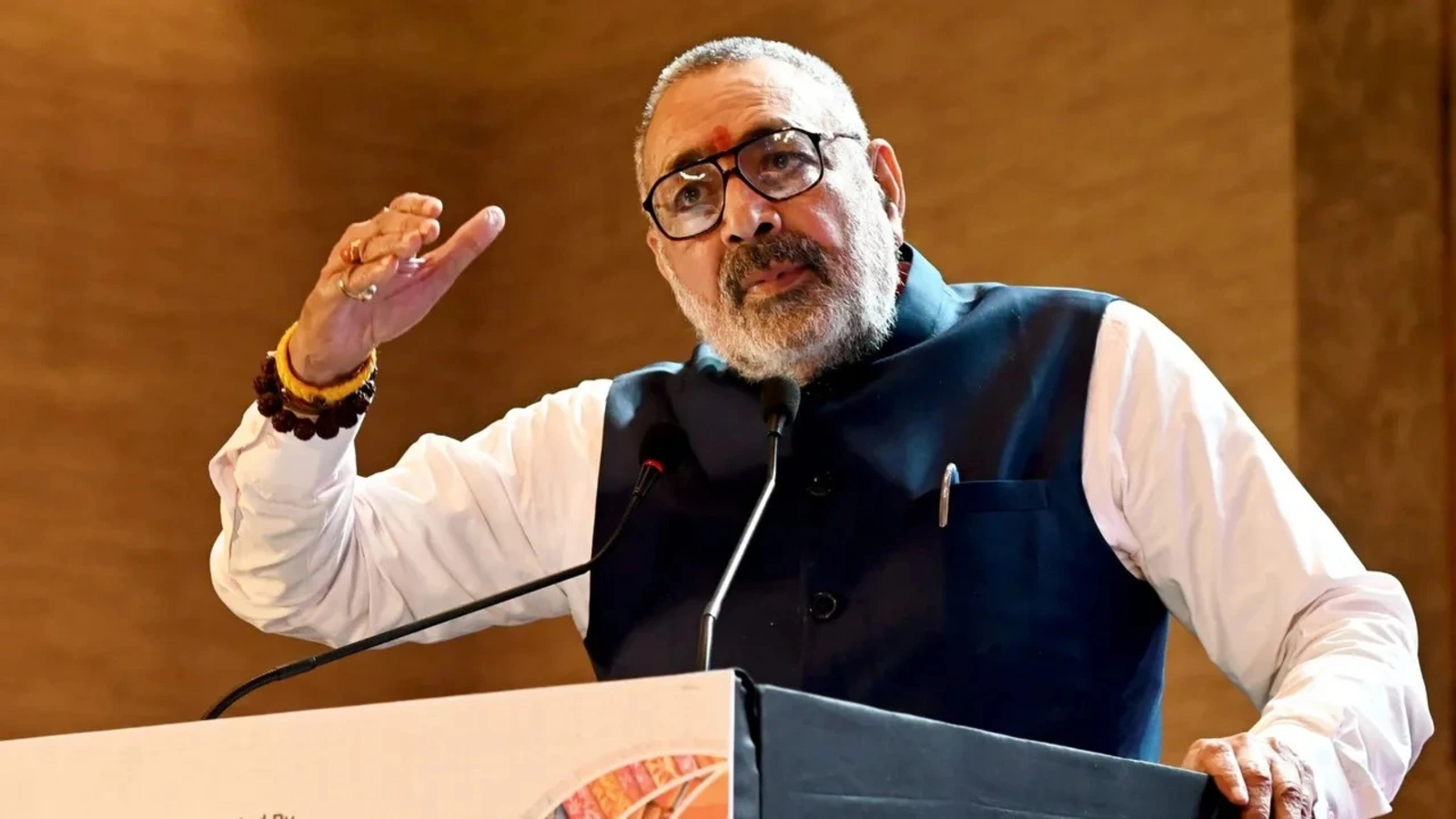
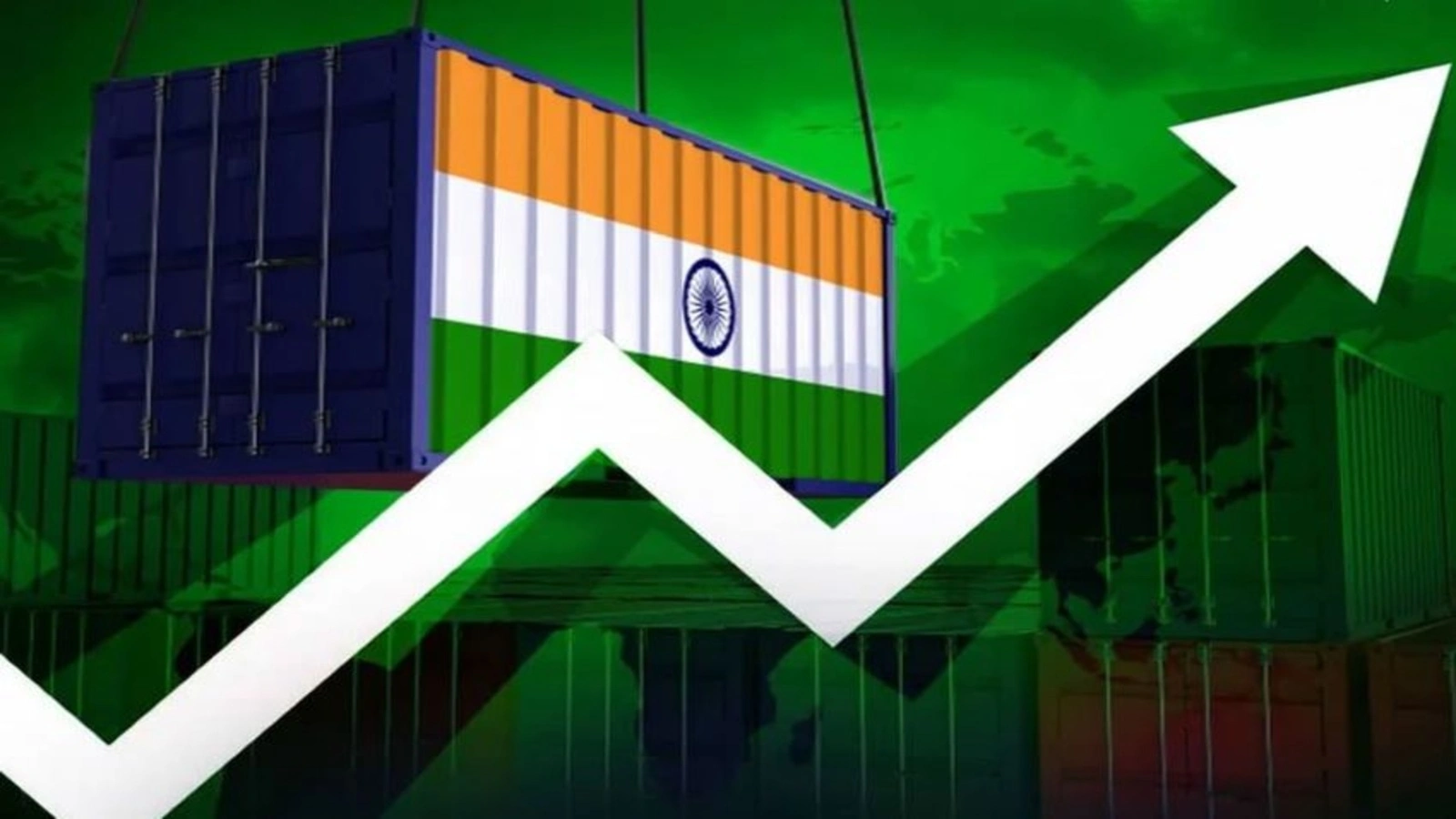
Indian Textile Exports Weave Strong Momentum with November Surge
11:24 AM, Dec 18Industry Update

Carrington Textiles Introduces Defence Stock Range for Faster Access to Military Fabrics...view more



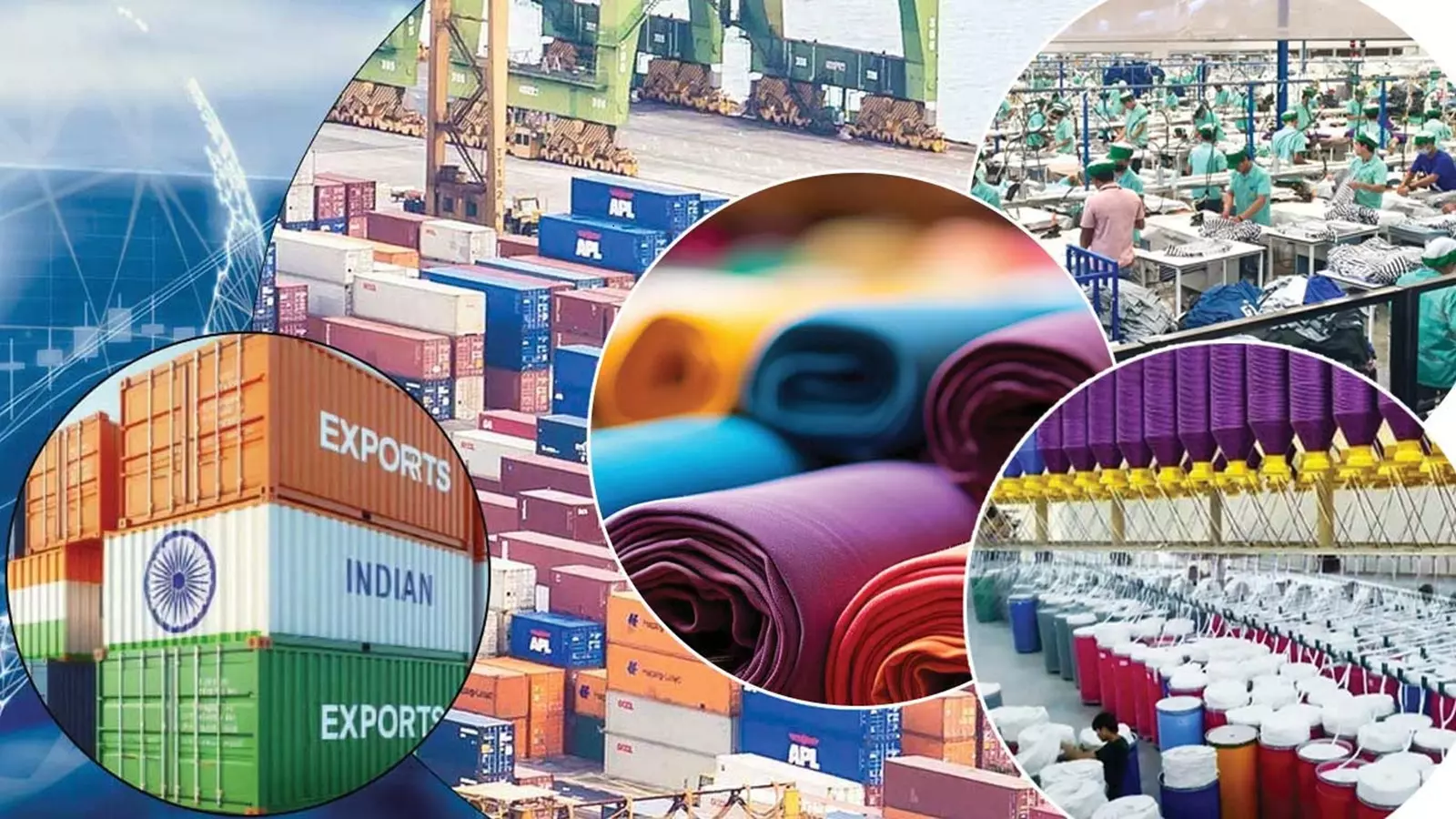
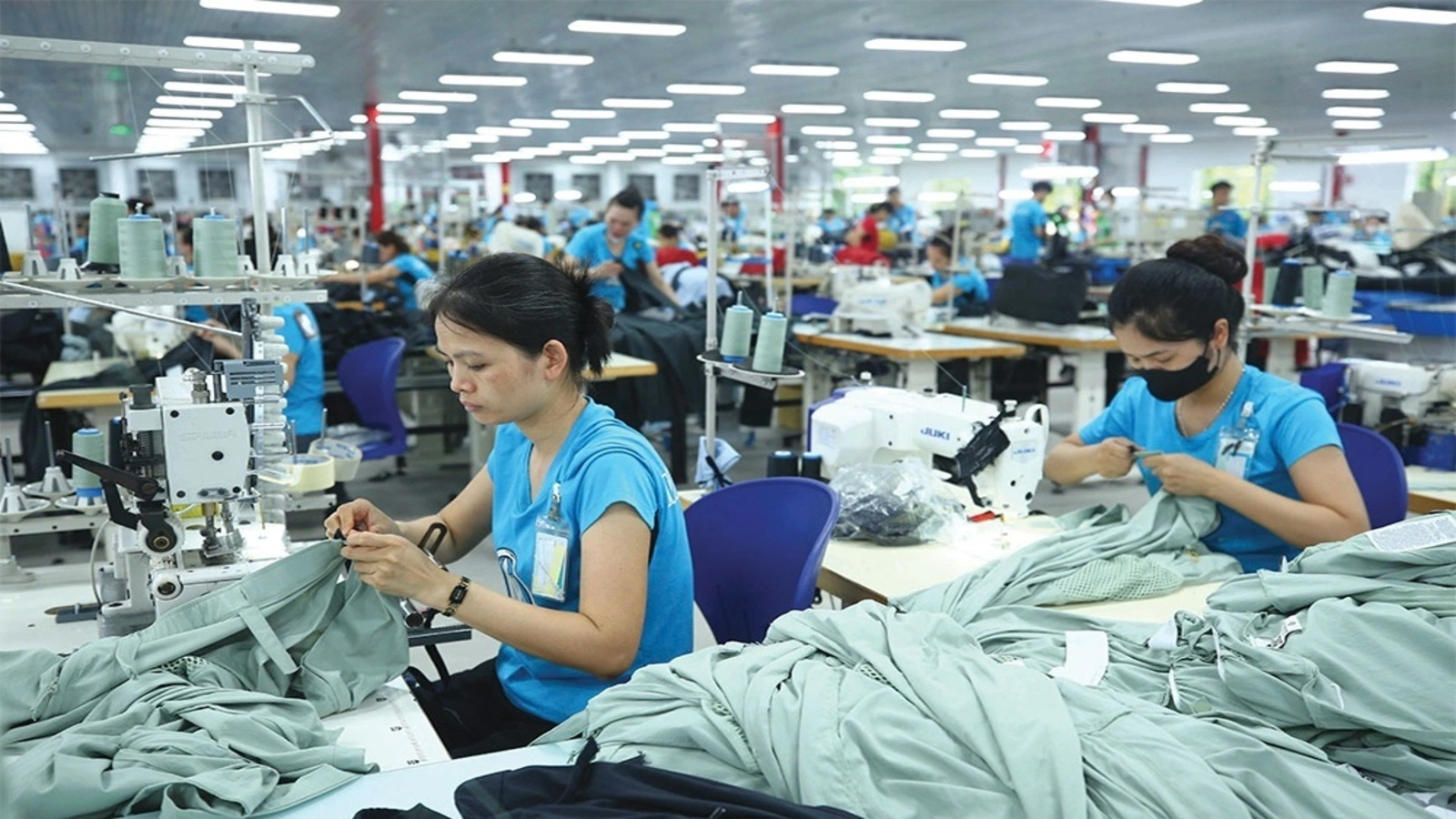
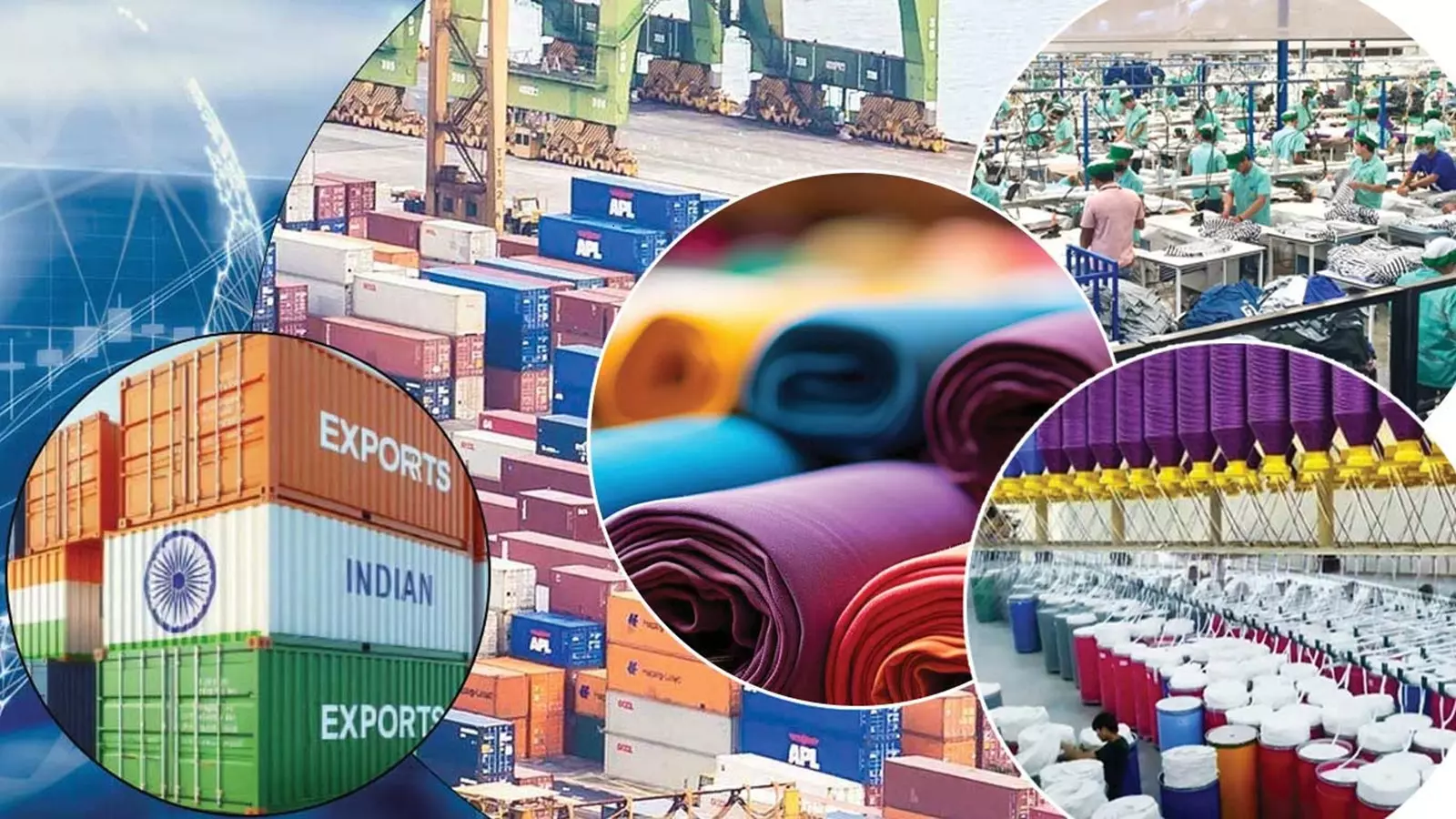

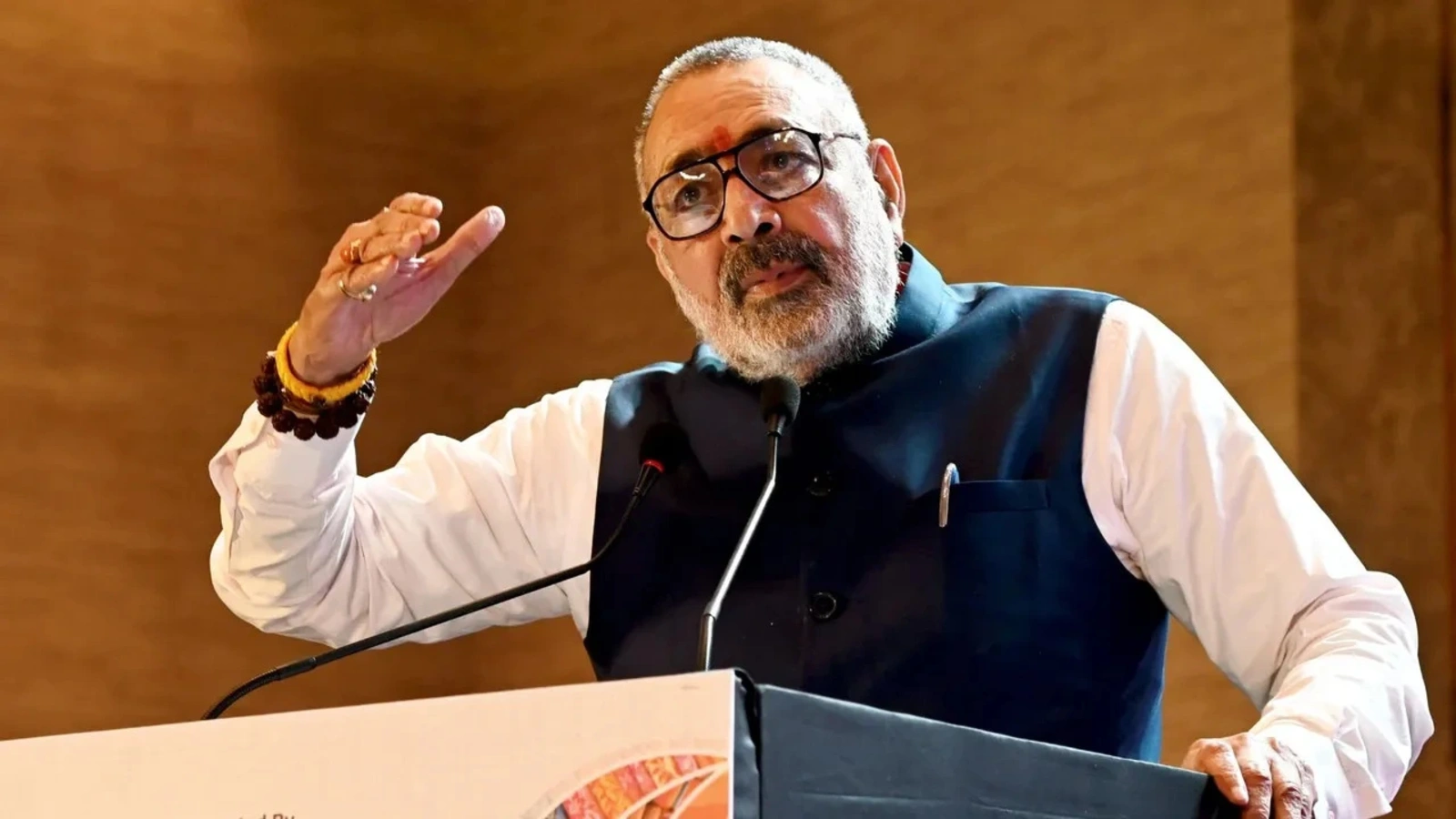
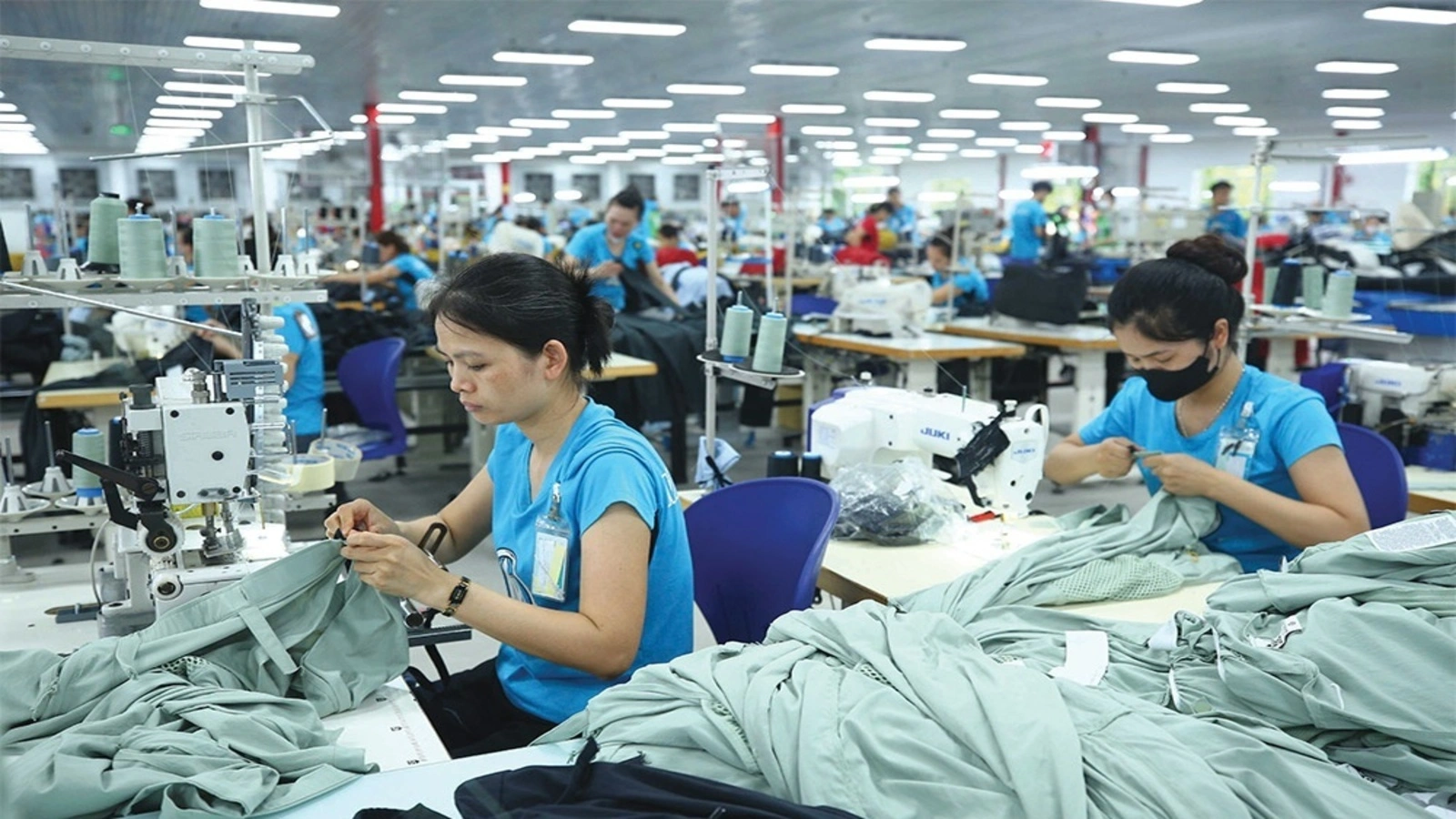
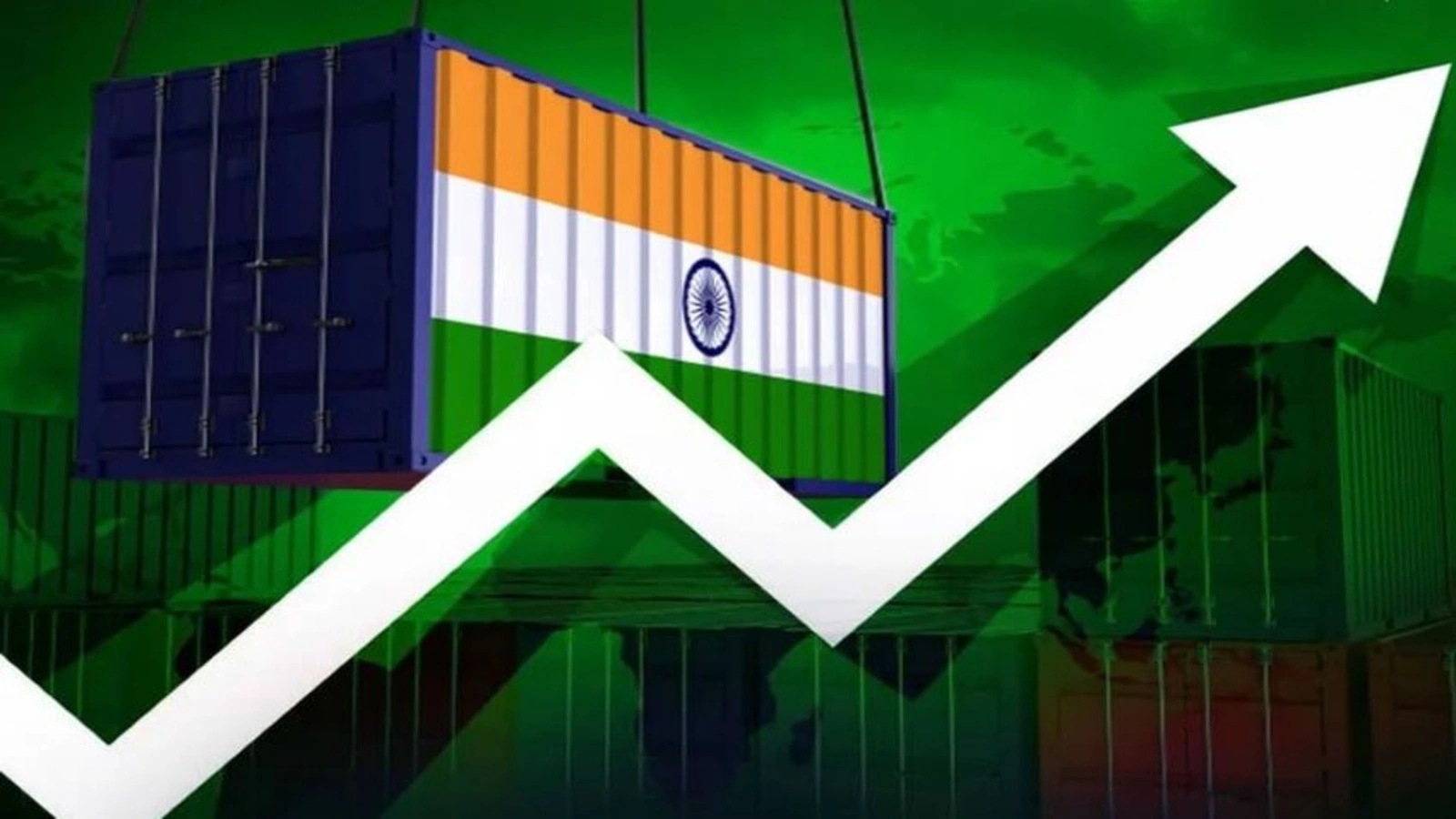
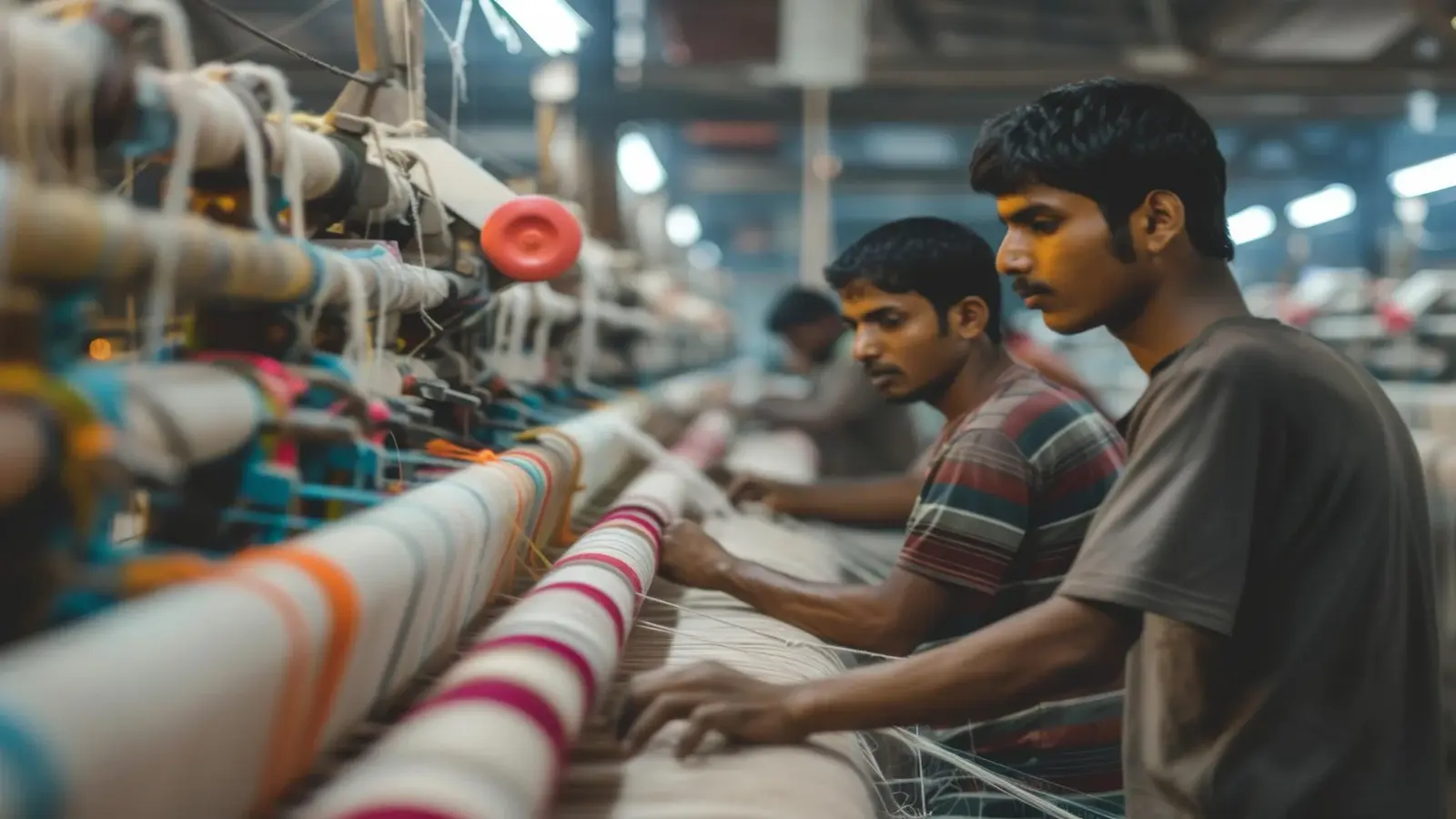
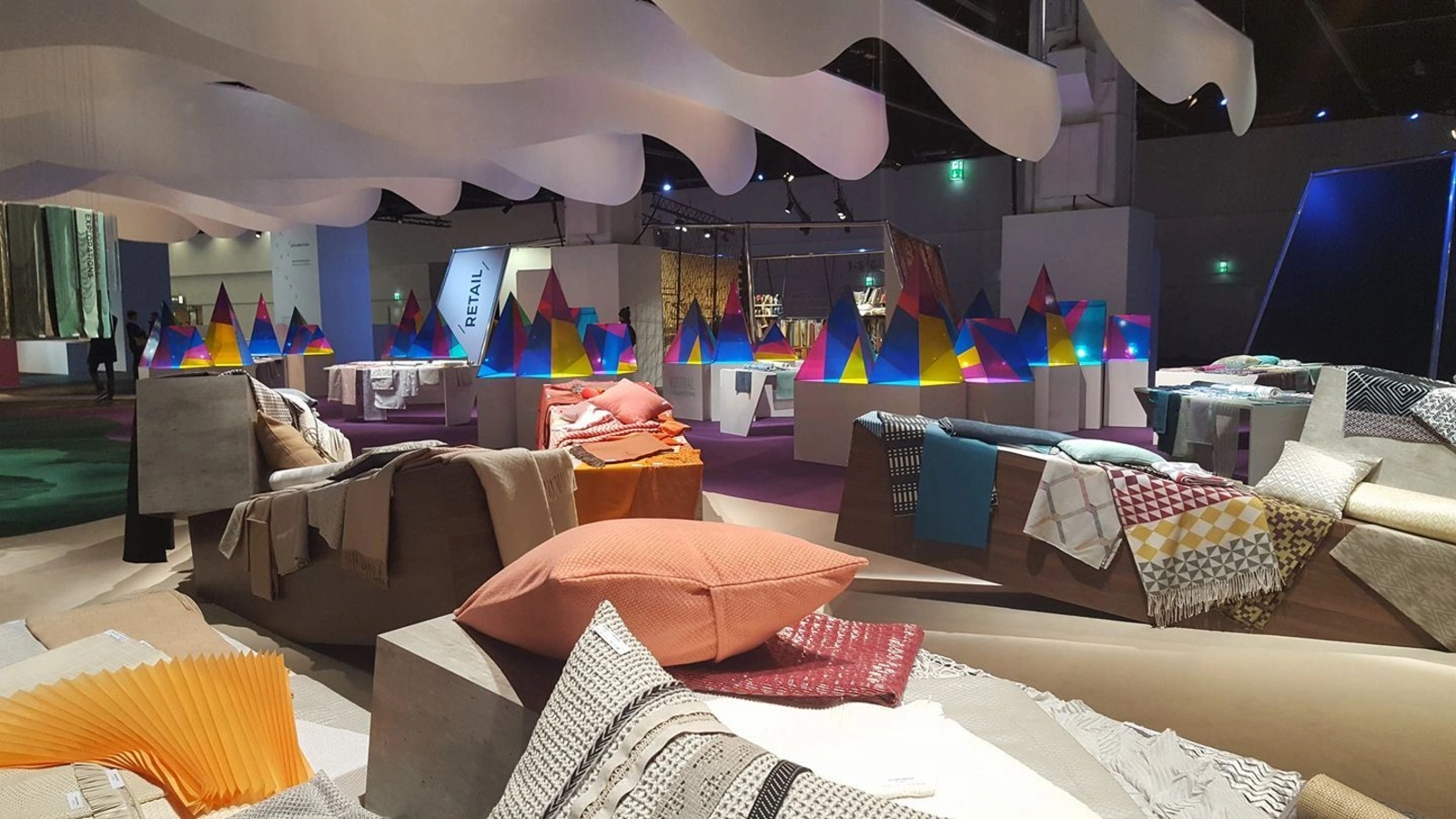
1.webp)
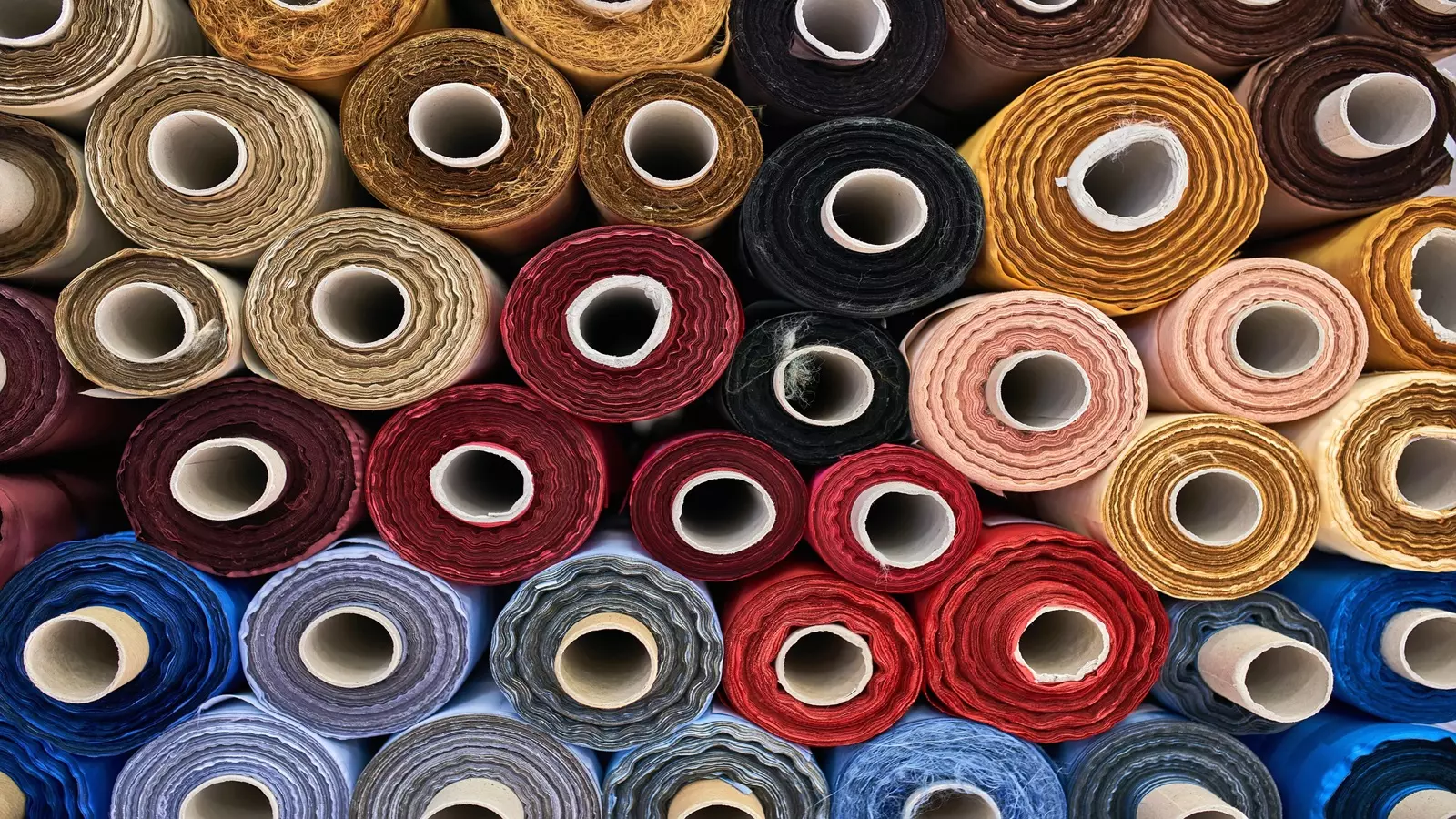





1.webp)

1.webp)
1.webp)
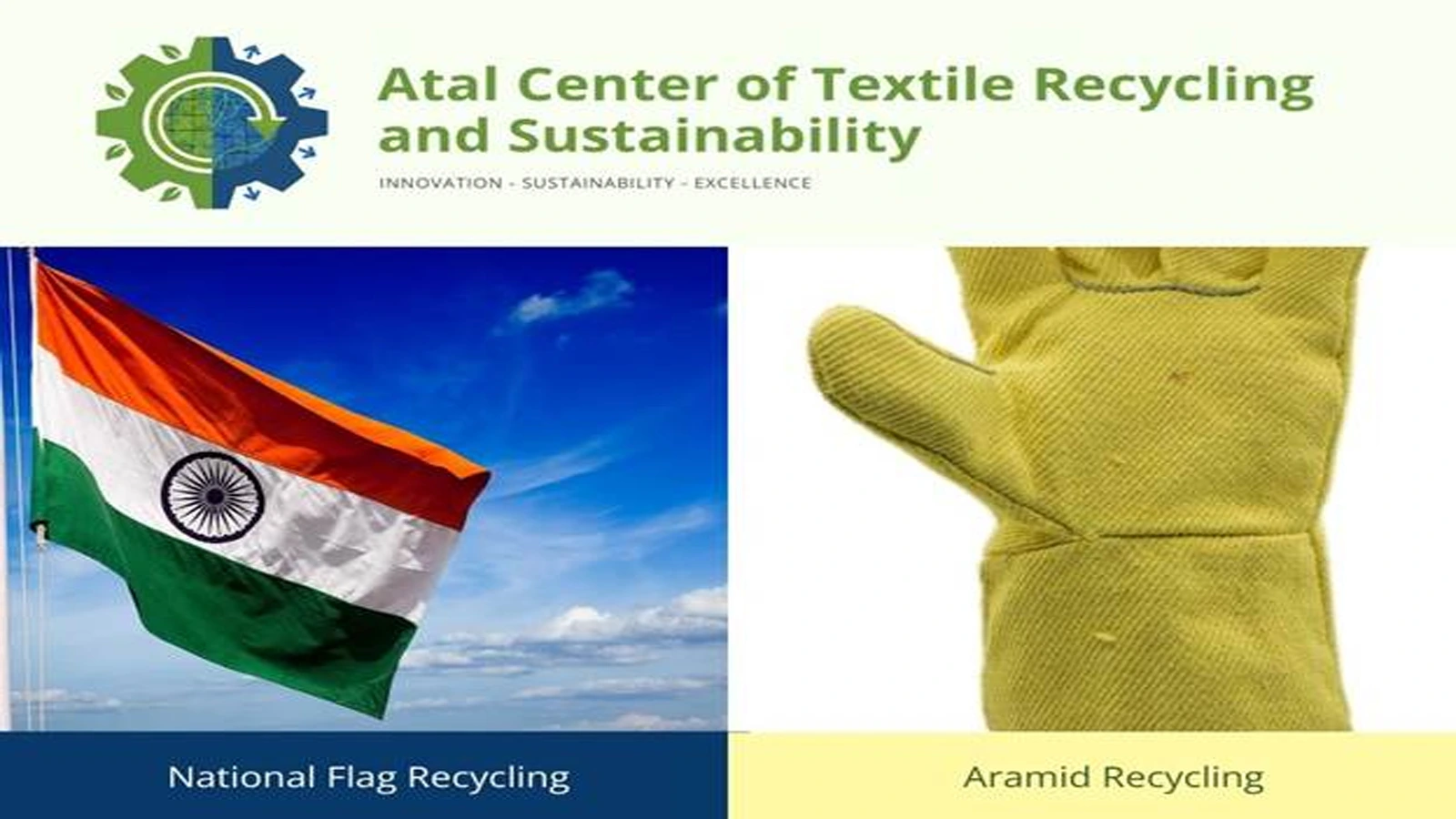
1.webp)

1.webp)

.webp)

1.webp)
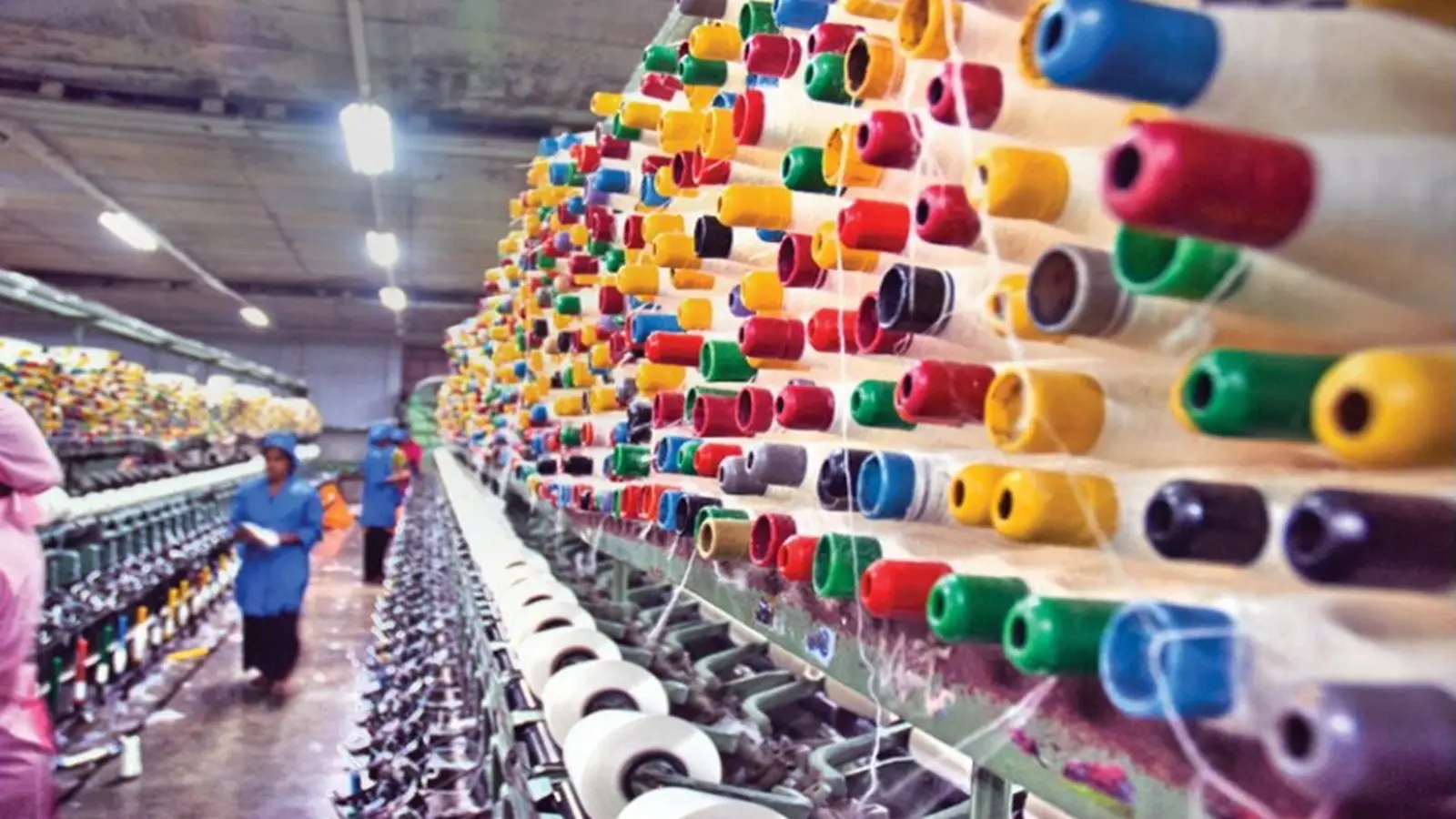
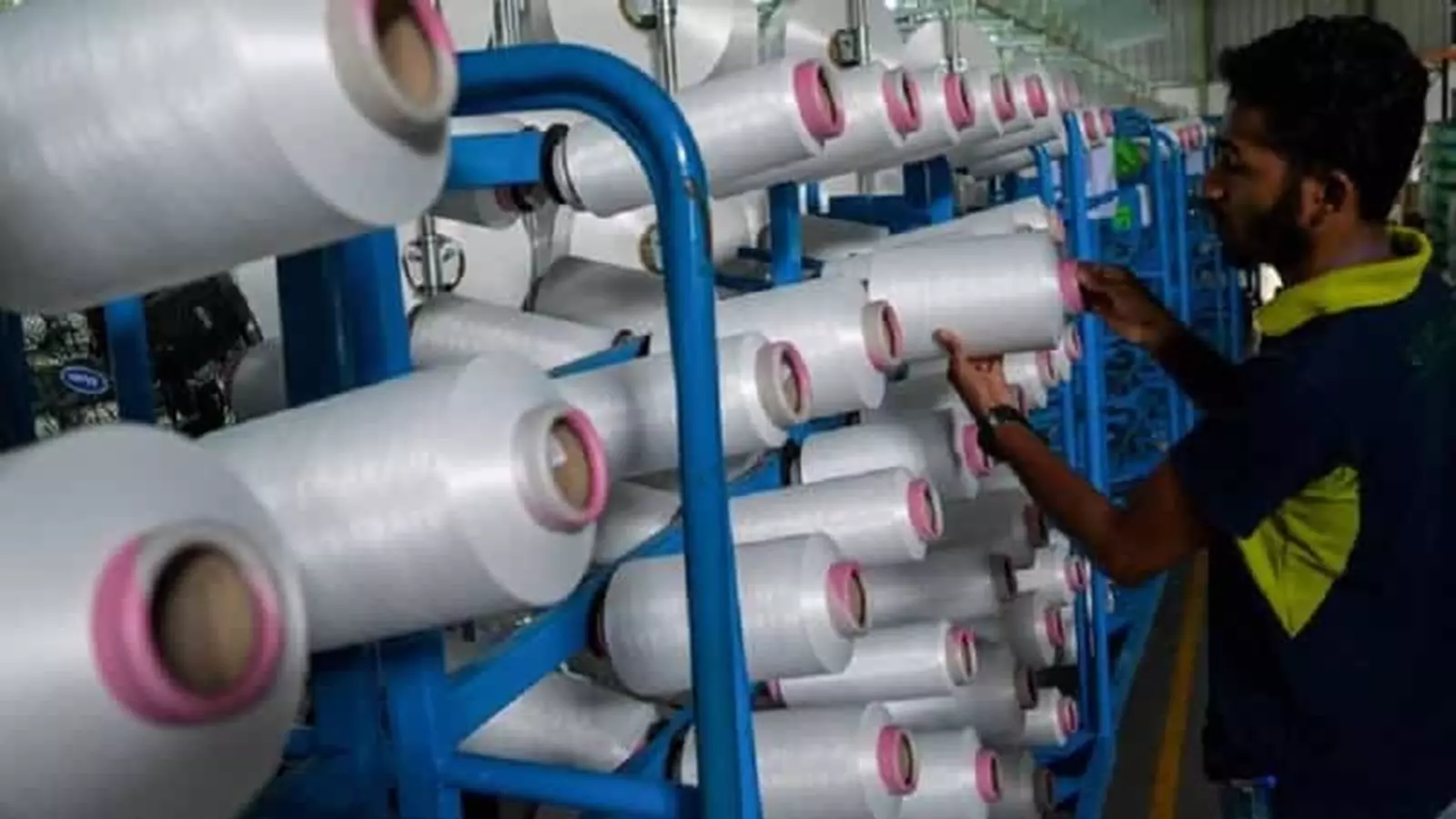

1.webp)







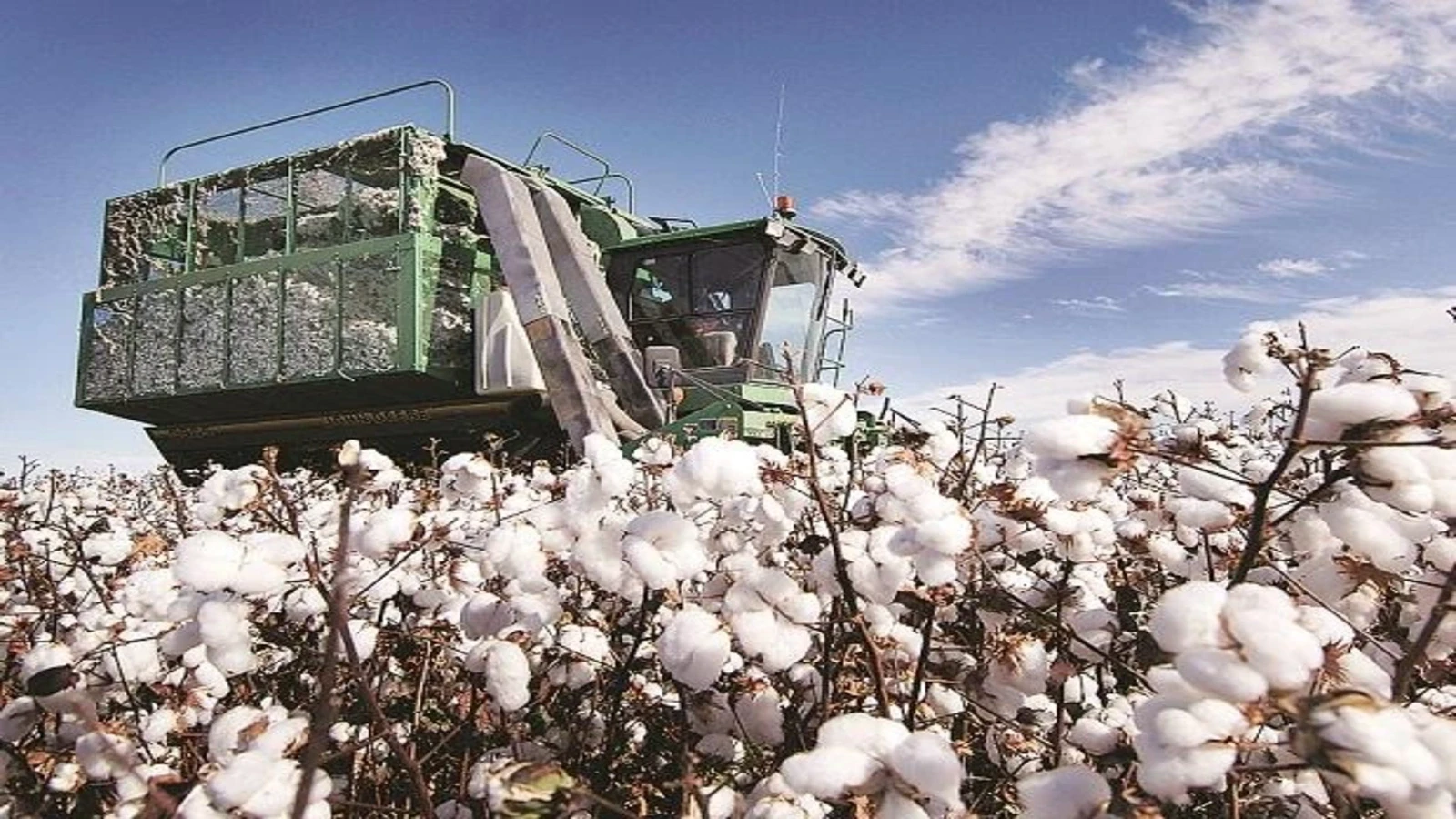
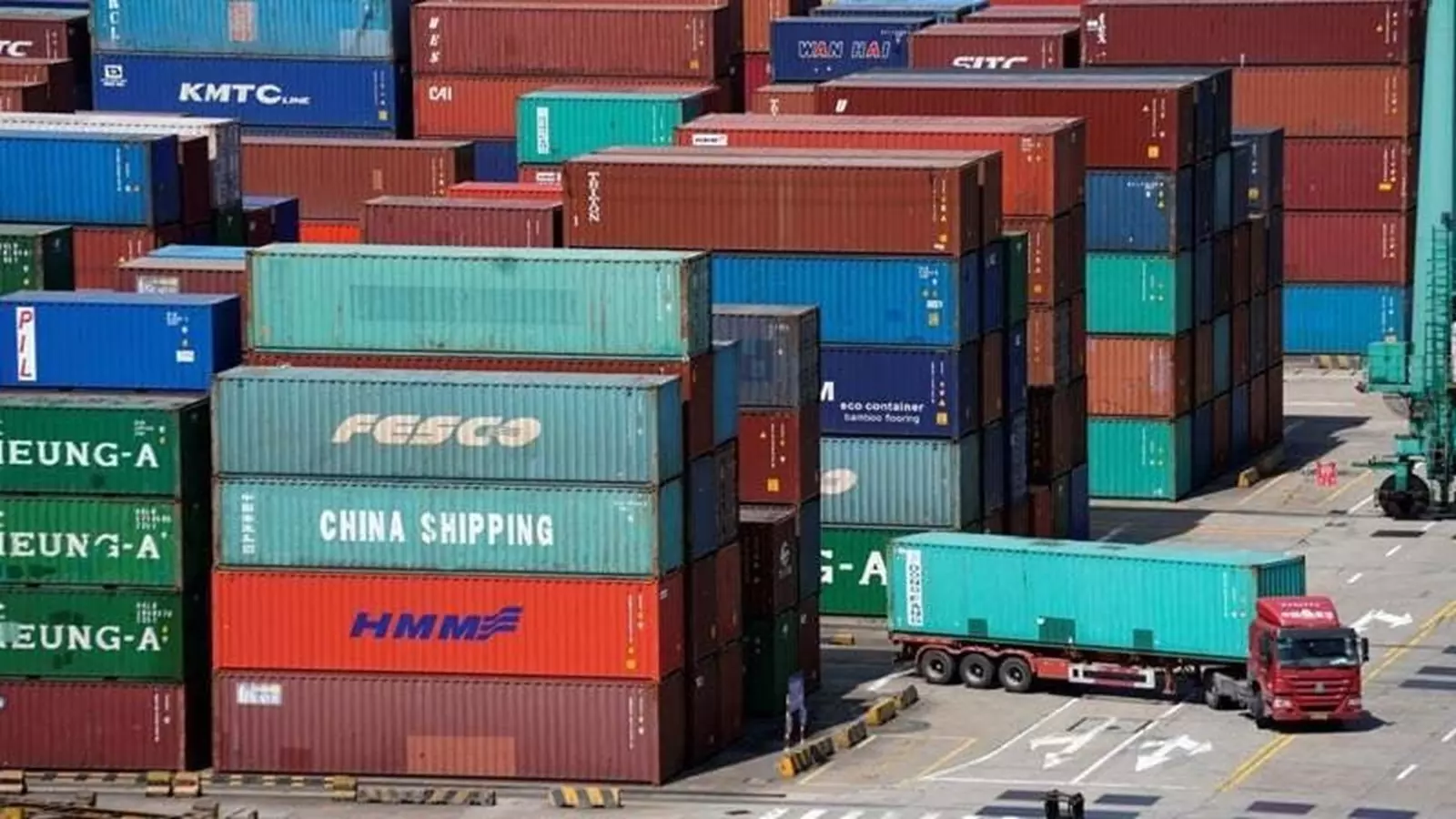
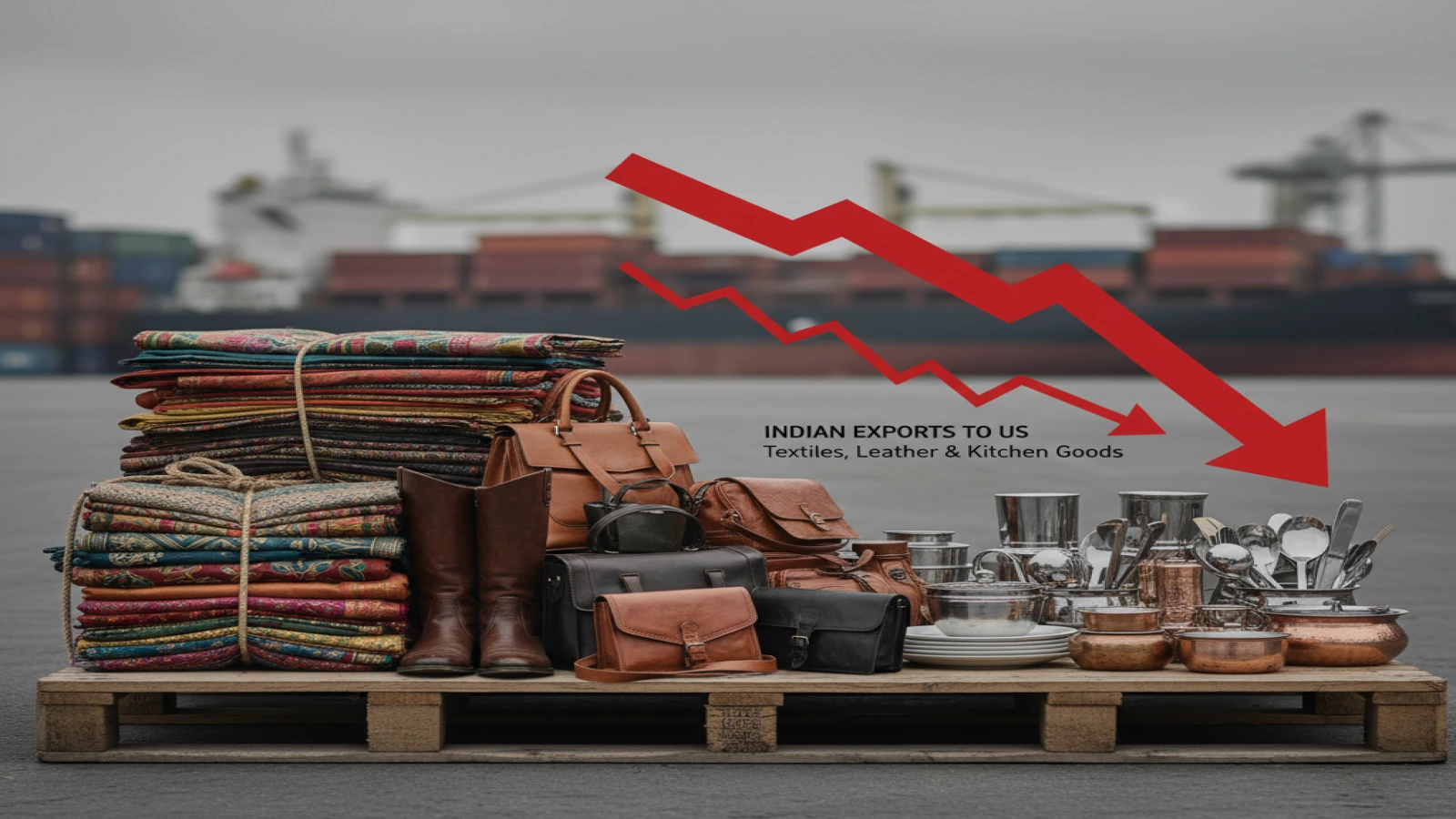
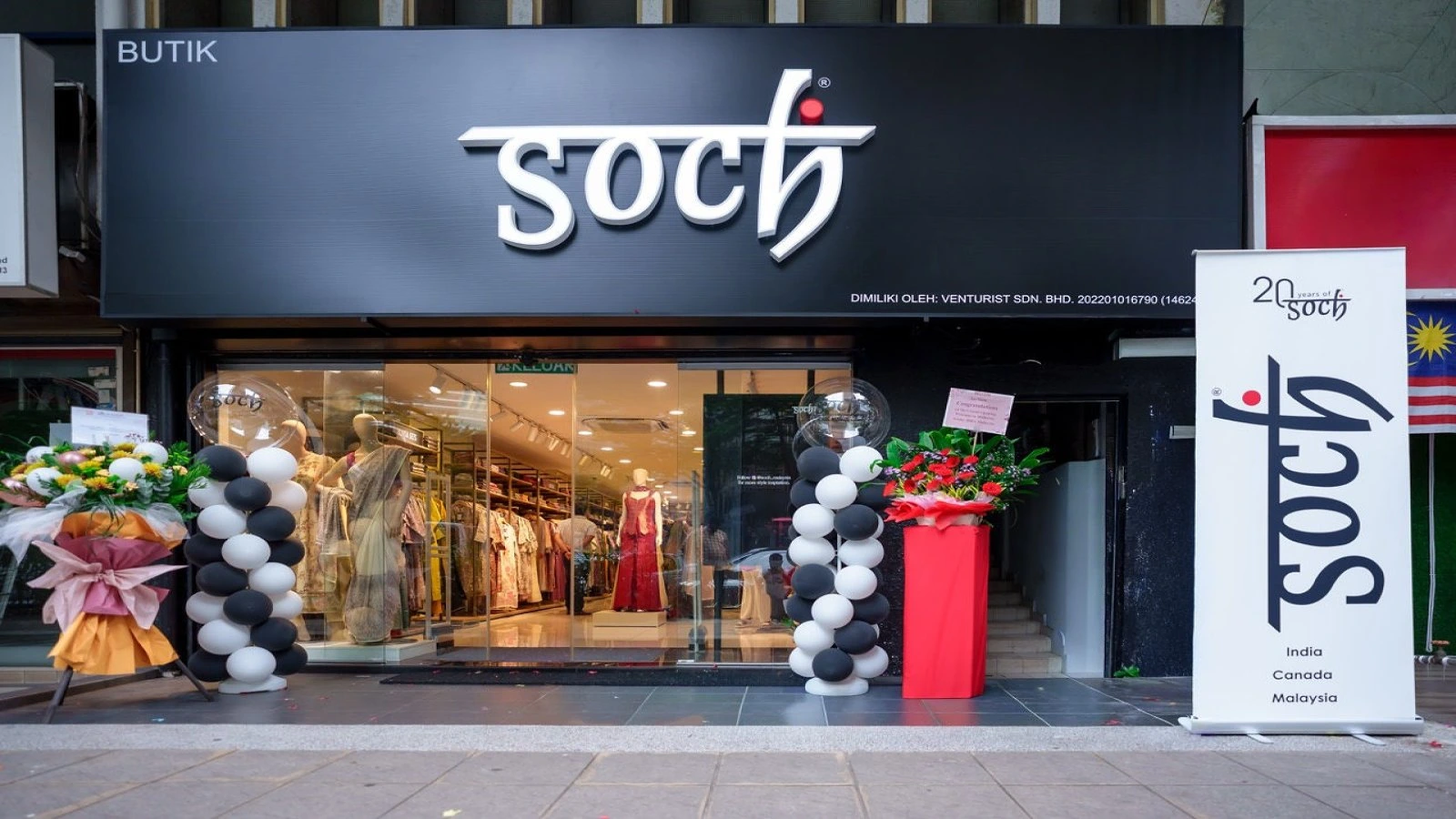
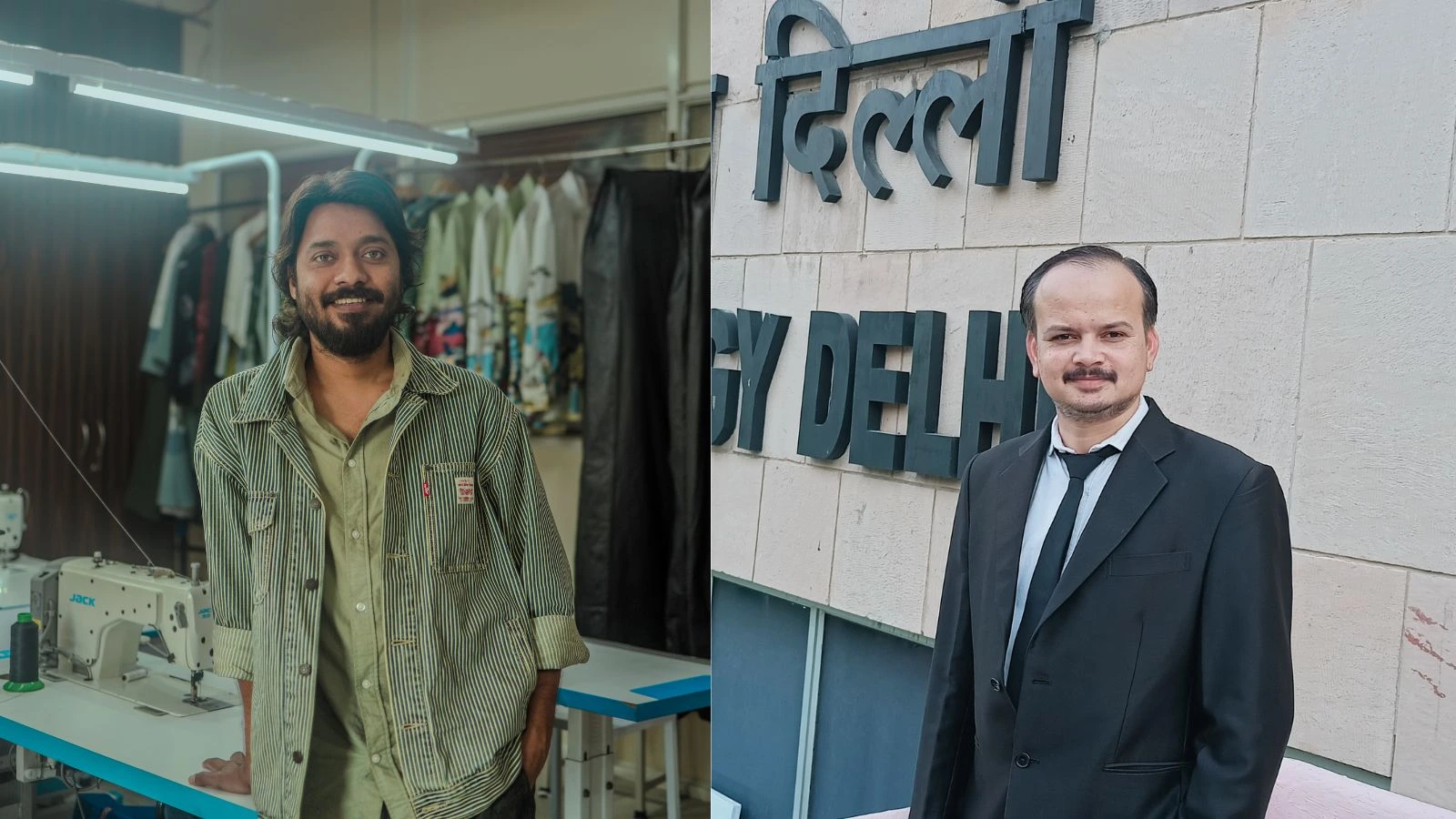

1.webp)
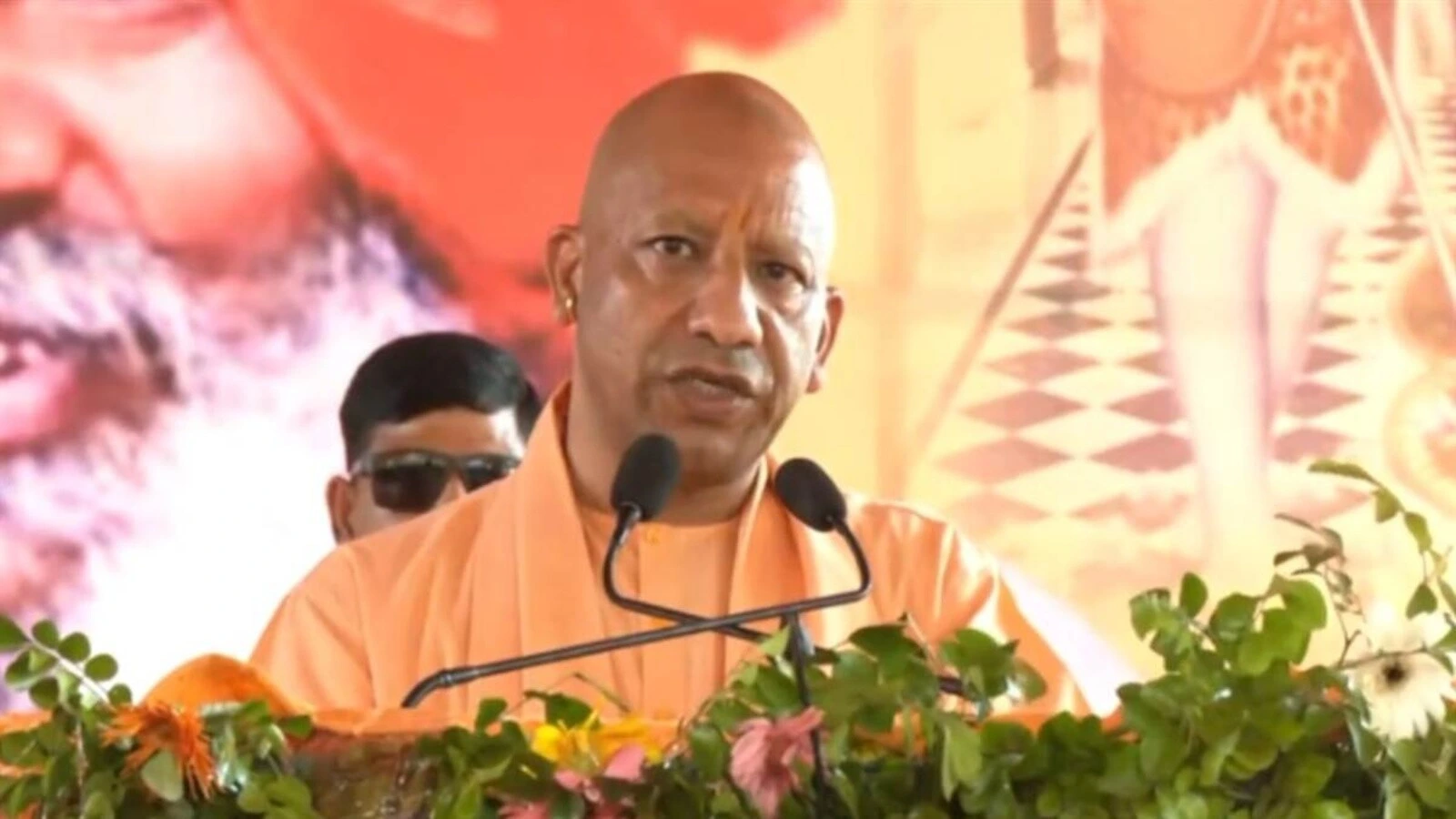
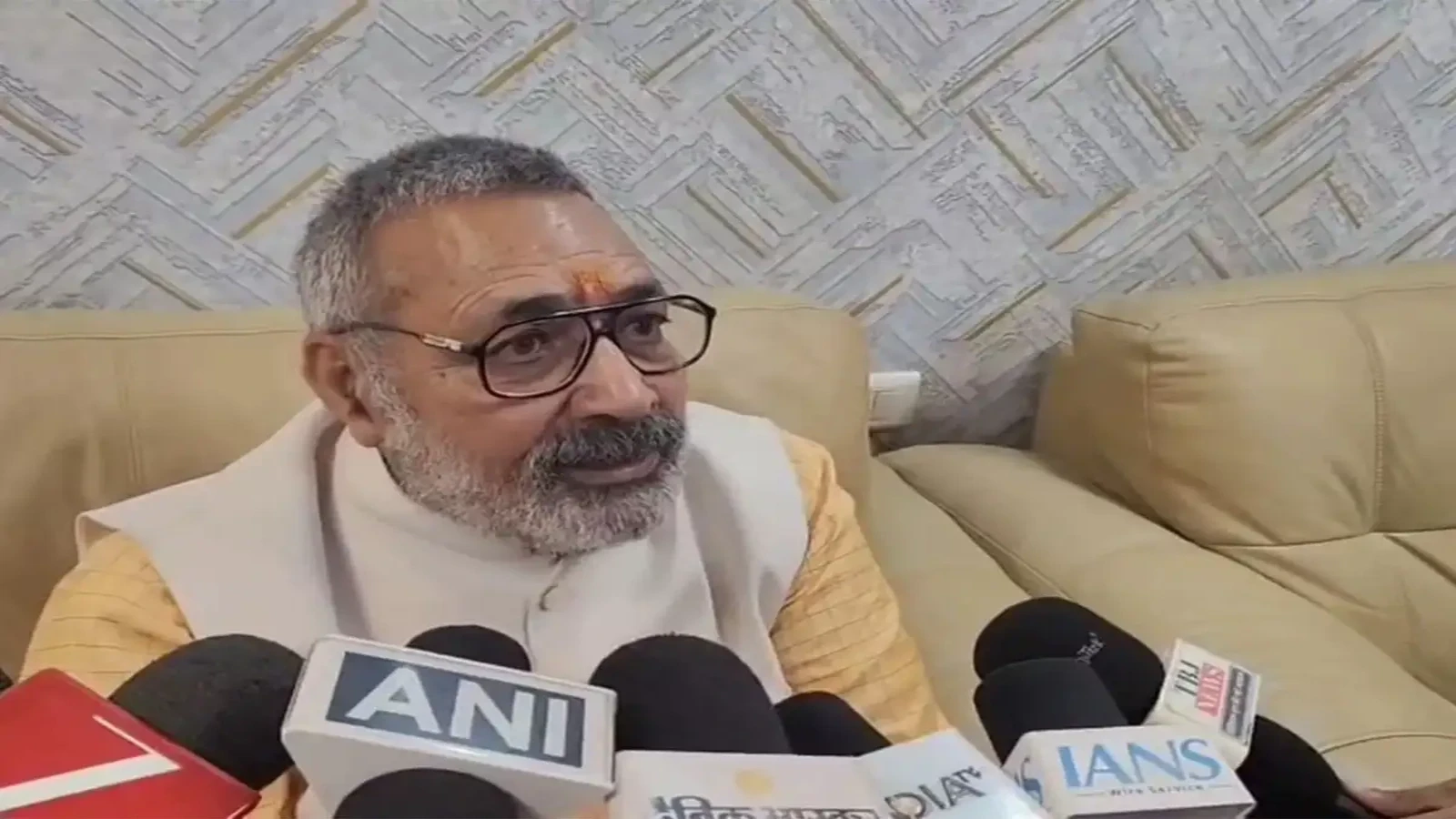

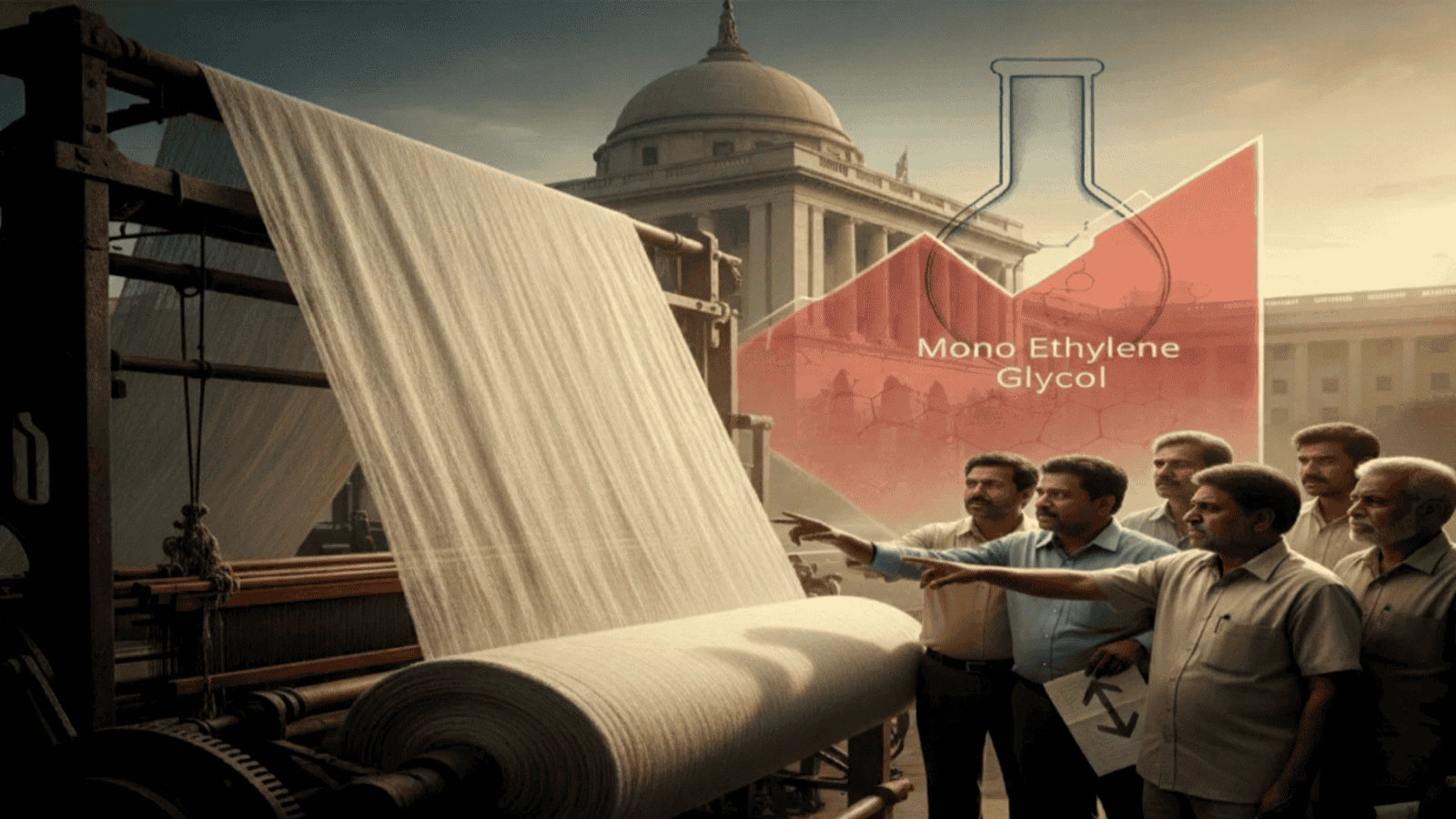
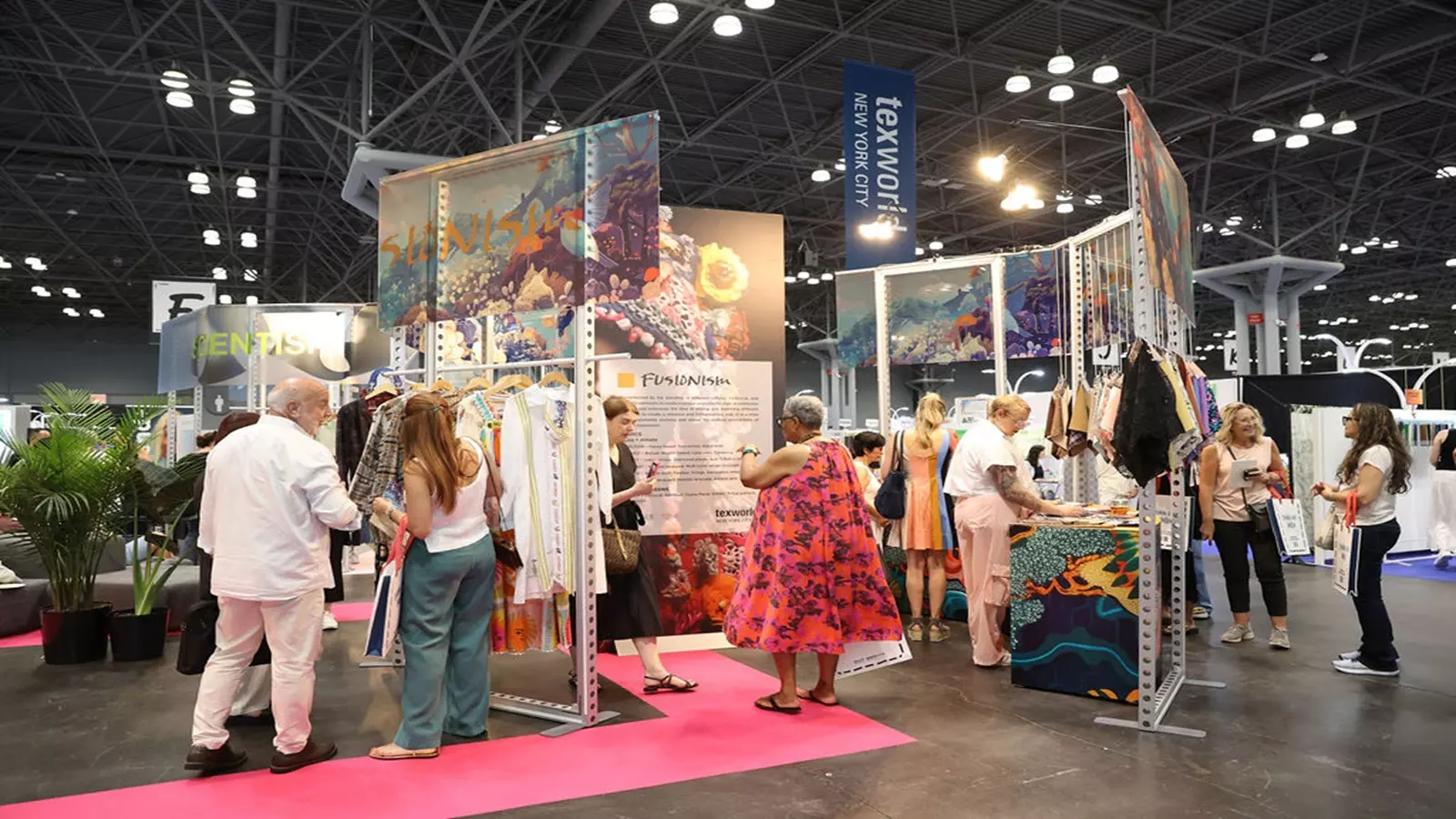

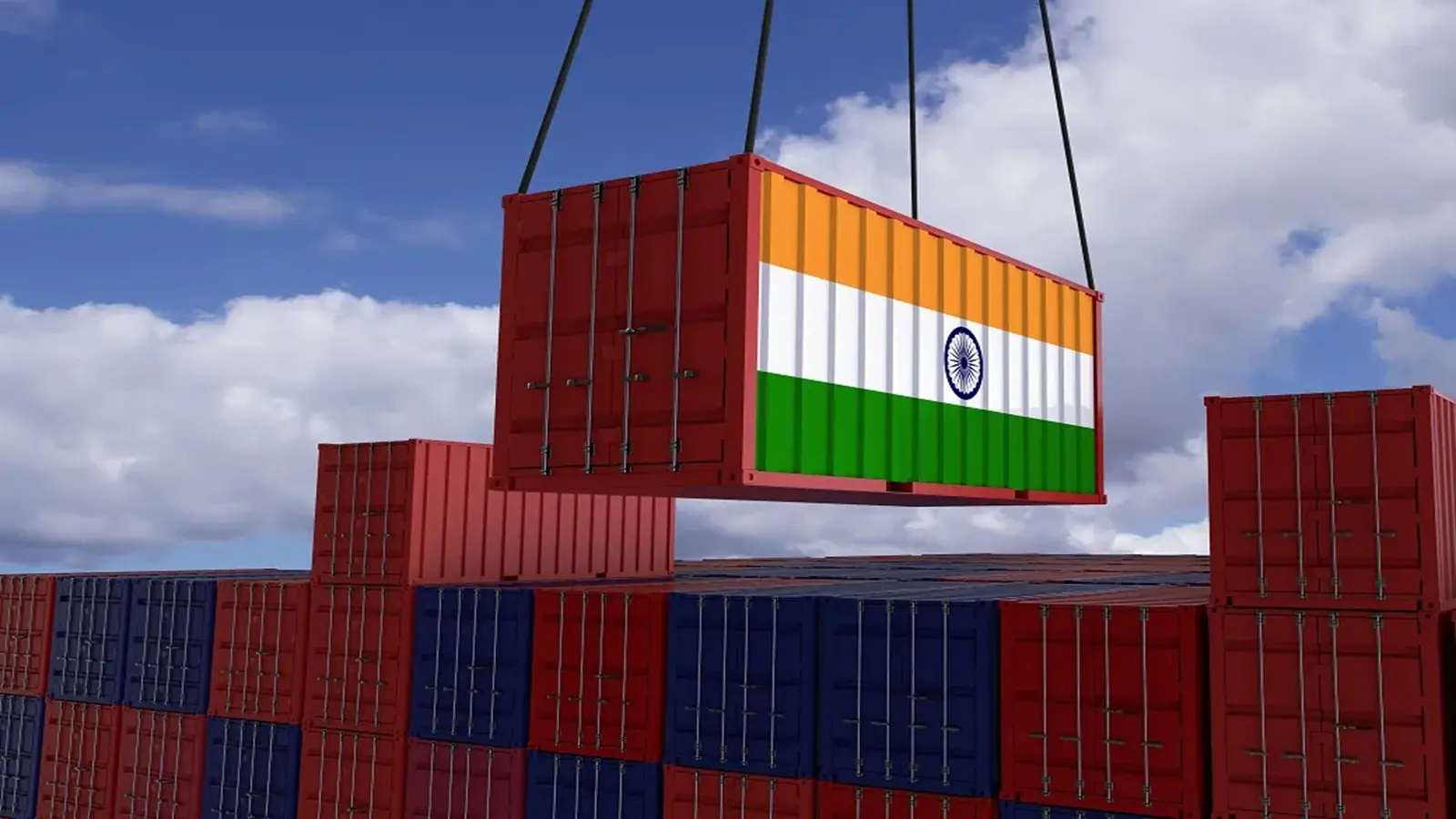

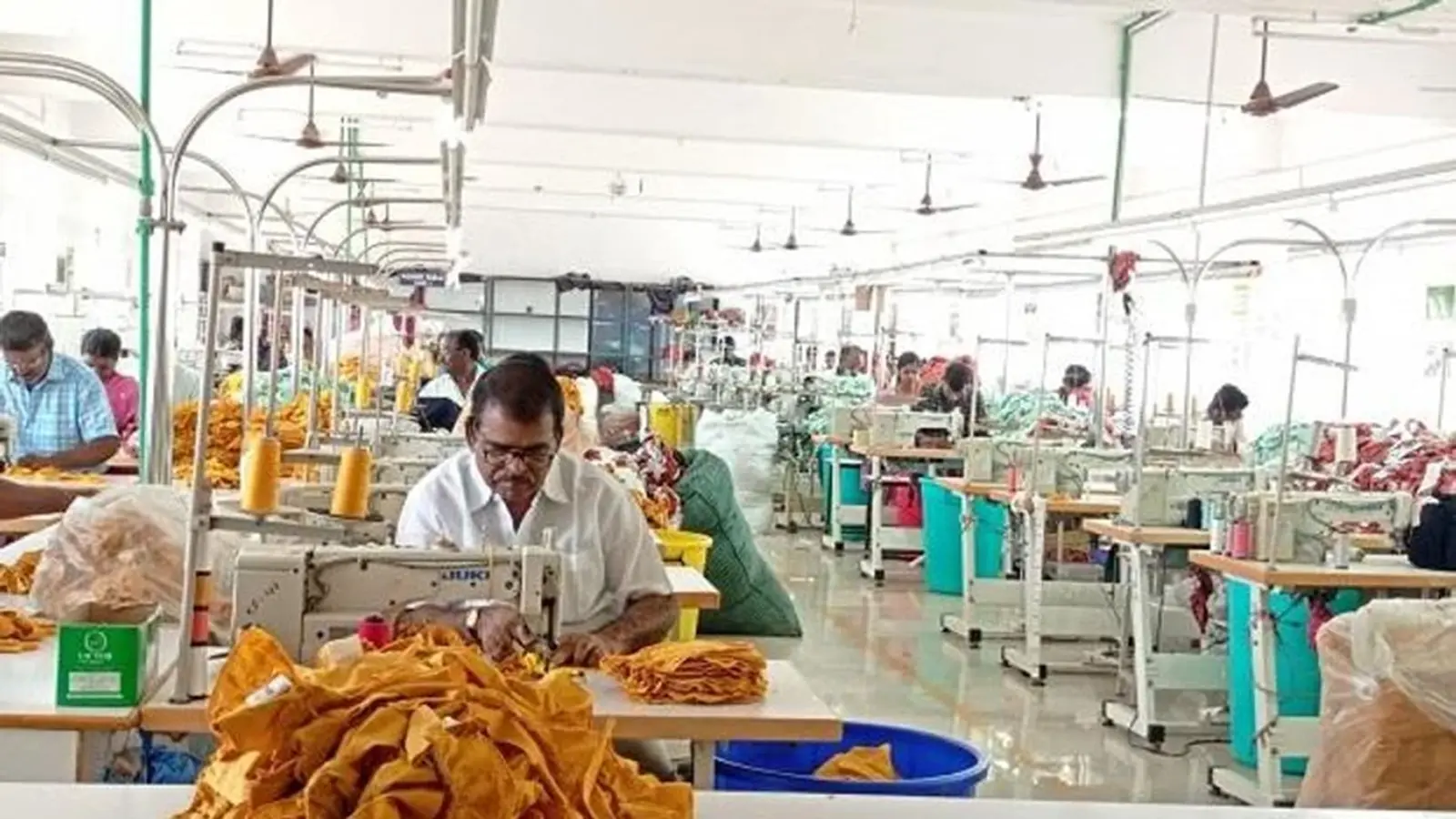
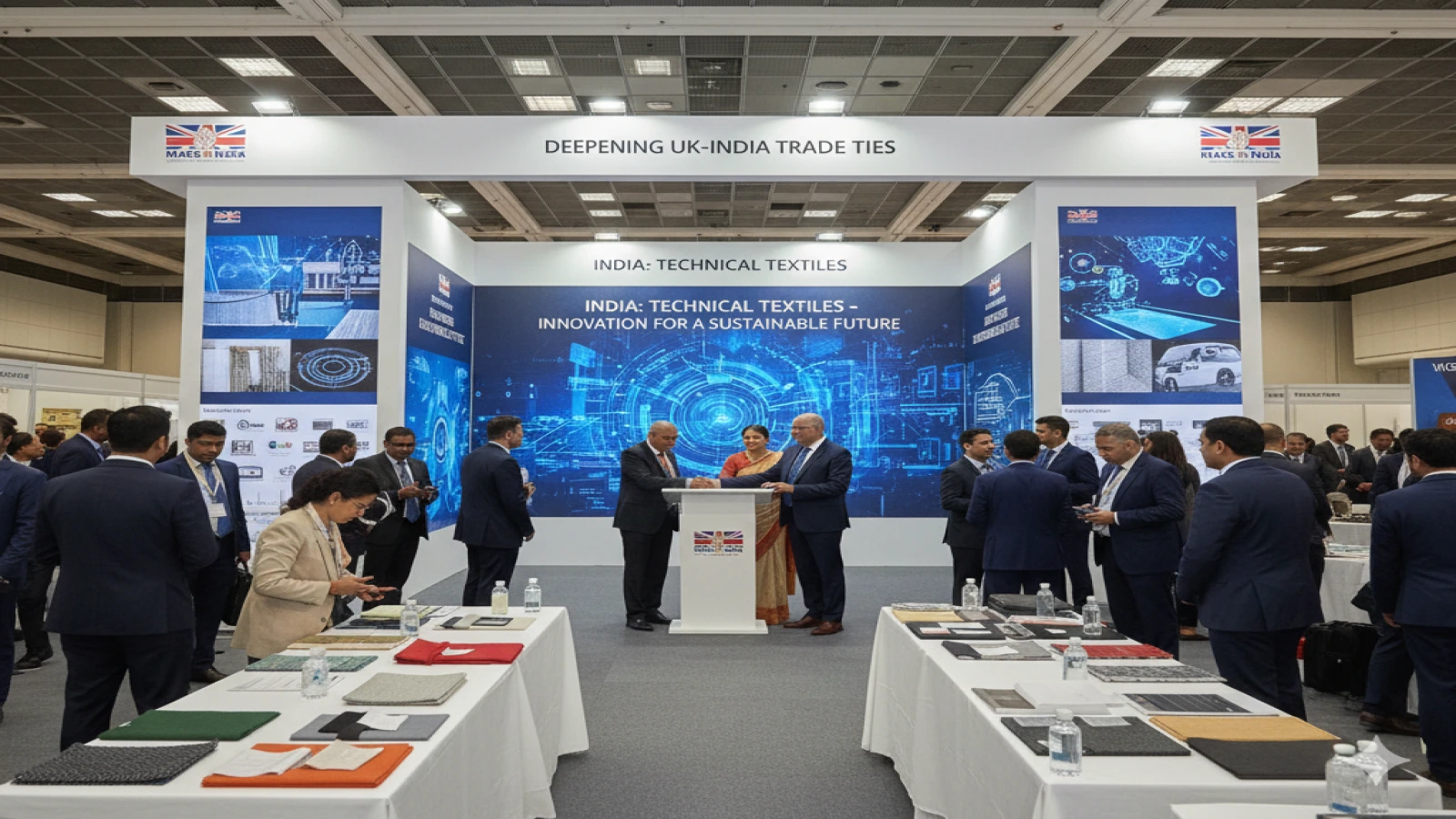


1.webp)


1.webp)

























1.webp)






















1.webp)





1.webp)
1.webp)














1.jpg)






















1.jpg)




























_large1.jpeg)

























































.png)










.jpg)
.jpg)
.jpg)










1.jpeg)